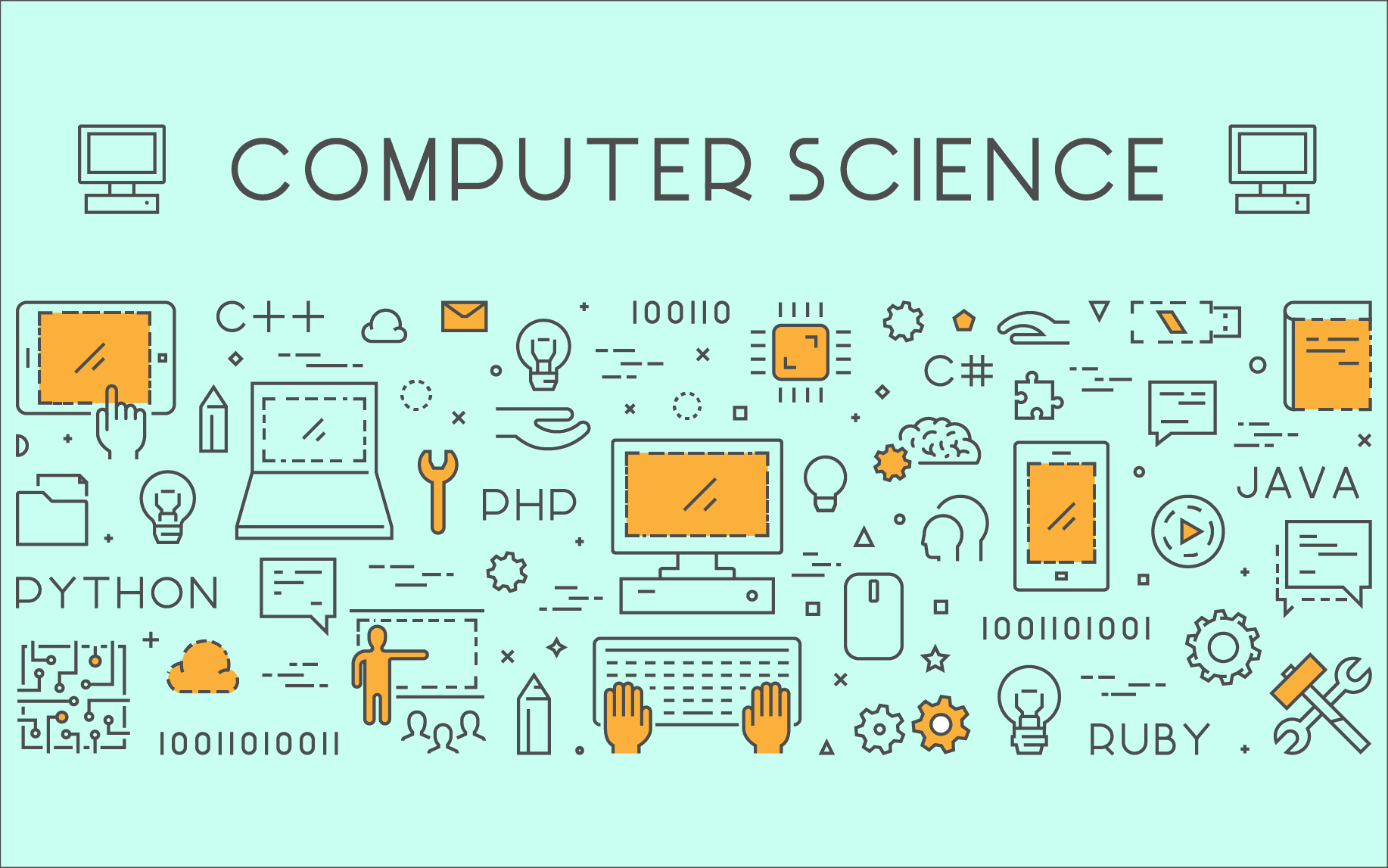Lenakel Presbyterian College
Search results: 15
- Teacher: Shesma Tabeva

ICT stands for Information and Communication Technology. It is a broad term that encompasses all the technologies that we use to create, store, share, and access information. This includes computers, the internet, mobile phones, and other digital devices.
ICT is a rapidly growing field, and it is becoming increasingly important in all aspects of our lives. In grade 11, students will learn about the basics of ICT, including how to use computers, the internet, and other digital devices. They will also learn about the ethical and social implications of ICT.
The goal of ICT education in grade 11 is to prepare students for the digital world. Students will learn how to use ICT to communicate, collaborate, and create. They will also learn how to use ICT to solve problems and make informed decisions.
ICT is a powerful tool that can be used for good or for bad. It is important for students to understand the potential risks and benefits of ICT. They should also be aware of the ethical and social implications of using ICT.
Here are some of the topics that students may learn about in ICT in grade 11:
- Computer hardware and software
- The internet
- Social media
- E-commerce
- Digital safety
- Ethical and social implications of ICT
ICT is a valuable subject that can help students succeed in school and in life. By learning about ICT, students will gain the skills and knowledge they need to be successful in the digital world.
- Teacher: Alex Tagaro

Sure, here is a short introduction on ICT in grade 12:
Information and Communication Technology (ICT) is a broad term that encompasses all the technologies that we use to create, store, share, and access information. This includes computers, the internet, mobile phones, and other digital devices.
ICT is a rapidly growing field, and it is becoming increasingly important in all aspects of our lives. In grade 12, students will build on the knowledge and skills they learned in grade 11 and explore more advanced topics in ICT.
Some of the topics that students may learn about in ICT in grade 12 include:
- Computer programming
- Web development
- Data analysis
- Cybersecurity
- Ethical and social implications of ICT
ICT is a valuable subject that can help students succeed in school and in life. By learning about ICT, students will gain the skills and knowledge they need to be successful in the digital world.
Here are some of the benefits of learning ICT in grade 12:
- Improved communication skills: Students will learn how to use ICT to communicate effectively with others, both in person and online.
- Enhanced problem-solving skills: Students will learn how to use ICT to solve problems and make informed decisions.
- Increased creativity: Students will learn how to use ICT to express their creativity and create new things.
- Enhanced critical thinking skills: Students will learn how to evaluate information and make informed decisions.
- Improved career prospects: ICT skills are in high demand in the workforce. By learning ICT in grade 12, students will improve their chances of getting a good job after graduation.
If you are a student in grade 12, I encourage you to take an ICT course. It is a valuable subject that can help you succeed in school and in life.
- Teacher: Alex Tagaro

Information and Communication Technology (ICT) is a broad term that encompasses all the technologies that we use to create, store, share, and access information. This includes computers, the internet, mobile phones, and other digital devices.
ICT is a rapidly growing field, and it is becoming increasingly important in all aspects of our lives. In grade 13, students will build on the knowledge and skills they learned in grade 11 and 12 and explore more advanced topics in ICT.
Some of the topics that students may learn about in ICT in grade 13 include:
- Computer programming
- Web development
- Data analysis
- Cybersecurity
- Ethical and social implications of ICT
- Artificial intelligence
- Machine learning
- Blockchain technology
ICT is a valuable subject that can help students succeed in school and in life. By learning about ICT, students will gain the skills and knowledge they need to be successful in the digital world.
Here are some of the benefits of learning ICT in grade 13:
- Improved communication skills: Students will learn how to use ICT to communicate effectively with others, both in person and online.
- Enhanced problem-solving skills: Students will learn how to use ICT to solve problems and make informed decisions.
- Increased creativity: Students will learn how to use ICT to express their creativity and create new things.
- Enhanced critical thinking skills: Students will learn how to evaluate information and make informed decisions.
- Improved career prospects: ICT skills are in high demand in the workforce. By learning ICT in grade 13, students will improve their chances of getting a good job after graduation.
If you are a student in grade 13, I encourage you to take an ICT course. It is a valuable subject that can help you succeed in school and in life.
Here are some of the career paths that students can take after learning ICT in grade 13:
- Software developer
- Web developer
- Data analyst
- Cybersecurity specialist
- IT consultant
- Business analyst
- Project manager
- Technical writer
- Teacher
- Entrepreneur
The possibilities are endless!
- Teacher: Alex Tagaro
- Teacher: George Thomas
- Teacher: Janet Wilfred
- Teacher: Janet Wilfred
- Teacher: Janet Wilfred
What is economics?
Economics, at its very heart, is the study of people's behavior. It seeks to explain what drives human behavior, decisions, and reactions when faced with difficulties or successes. Economics is a discipline that combines politics, sociology, psychology, and history.
Why study economics?
When you study economics you gain a toolkit of skills, approaches, and ways of thinking that you can apply to a wide range of problems. Economics is one of the central disciplines underpinning the study of business and management and public policy.
A study in economics gives you a high level of mathematical and statistical skills and the ability to apply economic principles and models to problems in business, finance, and the public sector. More broadly, economic concepts can be applied to understand the logic of complicated data, to see how things relate to each other, and to see the broader context.
How will economics help me?
Some of the specific skills you develop include:
- Communication - presenting ideas in a well-defined framework and supported by evidence that uses complex data
- Numeracy - handling complex data and techniques of mathematical and statistical analysis
- Problem-solving
- Analytical skills
There is no doubt that to be a great economist, one has to be able to master the methods used in the profession, and have good math and statistical skills.
What else do I need to know?
You will also need to be interested in the world around you from history, to politics, to international affairs and consumer behavior in your country and worldwide, as these all impact on how individuals, companies, and governments behave and make decisions
- Teacher: Joshua Shem
- Teacher: John Tabi
The English program from Years 11 to 13 is designed to allow students to develop their knowledge and understanding of the language from various strands.
The English as a second language curriculum is organized in Four strands. These Four strands are taught to students from year 11 to 13 based on their level of complexity and the time allotted fro the program content to be taught.
The Four Strands for Year 12 are
1. Literature
2. Reading
3. Writing
4. Listening and Speaking
- Teacher: Zsofia Greizer
- Teacher: Cindy Iasare
- Teacher: Flora Nakou
- Teacher: Fillianie Nasemal
- Teacher: Fransis Nikiatu

French as a foreign language (like English as a foreign language) will play an important role in the development of bilingualism in Vanuatu. The language skills developed will help students express themselves effectively for personal and professional purposes.
The FLE can possibly help students to manage certain communication situations in which they will find themselves. It is therefore necessary for an English-speaking learner to reach a level of communication reasonable enough to be bilingual in a bilingual country, such as Vanuatu.- Teacher: Lavinia Leignkone
This course will help the students acquire 1. study skills, 2. public speaking skills, 3. research skills, 4. social skills 5. survival skills, and 6. people's skills.
- Teacher: Leeroy Lomai
- Teacher: Shesma Tabeva
